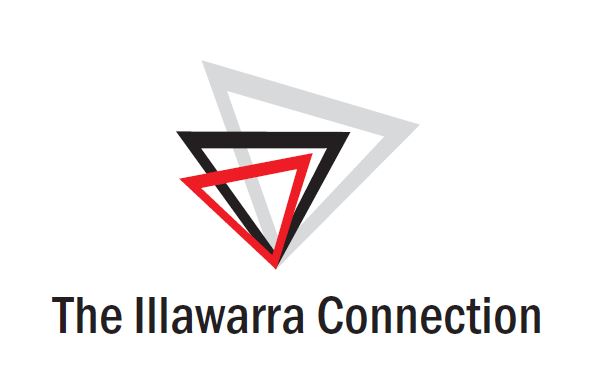
For Brad (not pictured by request), going for a drive in the car is a much-needed routine that entertains and soothes him at the same time. Photo: Michelle Kroll.
After a years-long battle with the NDIS, Illawarra dad John wants to see a fairer, kinder system for parents of people with disabilities.
John’s son, Brad, has severe autism. Aged 32, he is non-verbal. He can’t read, or engage with TV, the internet or the radio.
“Brad would make the perfect royal – he has no understanding of money, and he needs support for most of the day,” John said.
“Imagine you’re planning a holiday to Italy – you learn the language and the customs, everything you need to know about Italy.
“Unbeknown to you the plane is diverted to China, and you’re offloaded without your luggage. That’s what life is like for Brad.
“He struggles to understand the world around him and the world struggles to understand what his needs are.”
Brad enjoys food, going for walks, structure, routine, and going for a drive.
Driving gets him out of the house and helps him relax – anyone with a fractious baby knows the soothing power of a drive.
As a child, he was well supported by South Coast School for Children with Autism, before moving on to House With No Steps.
While at House With No Steps Brad got into a routine of being driven up to 150 km per day.
Once Brad was no longer going to House With No Steps, the amount of time he needed to spend in the car to get through the day skyrocketed.
“All his life, he’s got up, gone for a little drive to school or House With No Steps, that’s his routine,” John said.
“Now his support worker comes in, he finishes breakfast, makes his bed and they go for a little drive and come back.
“Through the day, depending on the weather, he might go for walks or another drive.
“We all like to go out and do things, why should it be any different for Brad?”
John and Brad’s mum wanted to get him behavioural support to reduce his dependence on driving, as well as support for the kilometres driven.
As part of Brad’s NDIS package, some driving was included – until they decided to cut funding.
“At a planning meeting in 2019 we said we need funding for behavioural management, to help with this obsession he has with being driven around,” John said.
“They knocked it back and cut back on the transport side too.
“I put in for review – it was still unsatisfactory, so we embarked on the appeals pathway.”
John said the process to get support for their son was agonising.
“The NDIS is meant to be about giving people with a disability freedom,” he said.
“Yet they delay cases; they are late to put in submissions and evidence – why are we paying good public money to have cases delayed?
“We were told to lock him up at night to keep him from sugary foods, alcohol and caffeine.
“We don’t give any of that to him, but my son is a 32-year-old person and can legally have all the sugary foods, alcohol and caffeine he wants.
“That really disturbed me. It’s inhumane.
“The amazing part was after four years they agreed with our argument.”
The claim was eventually decided in their favour, and with the help of a new behaviourist Brad’s time in the car has significantly reduced.
John was disillusioned by the process and says the NDIS must change to ensure other families aren’t put through the wringer.
“My son cannot defend himself; he cannot talk, so we’re his voice,” he said.
“It was incredibly hard. There is a lot of pressure on you; it’s draining and, I’m concerned that someone has to go through this level of angst to get an outcome.
“People just give up.”
A spokesperson for the National Disability Insurance Agency (NDIA) acknowledged the case could have been handled better.
“The agency acknowledges past processes for dispute resolution, including matters before the Administrative Appeals Tribunal [AAT], have caused undue stress among participants,” the spokesperson said.
“We are committed to working with NDIS participants through a participant-centred approach to alternate dispute resolution of AAT matters.
“We are also focussed on improving fairness for NDIS participants; providing better and earlier outcomes to reduce the need for matters to be considered by the AAT and reducing the reliance on external lawyers.
“The agency is committed to acting in accordance with our model litigant obligations and is required to act with complete propriety, fairness and in accordance with the highest professional standards.
“The NDIA takes seriously and investigates all participant concerns regarding model litigant obligations.”









